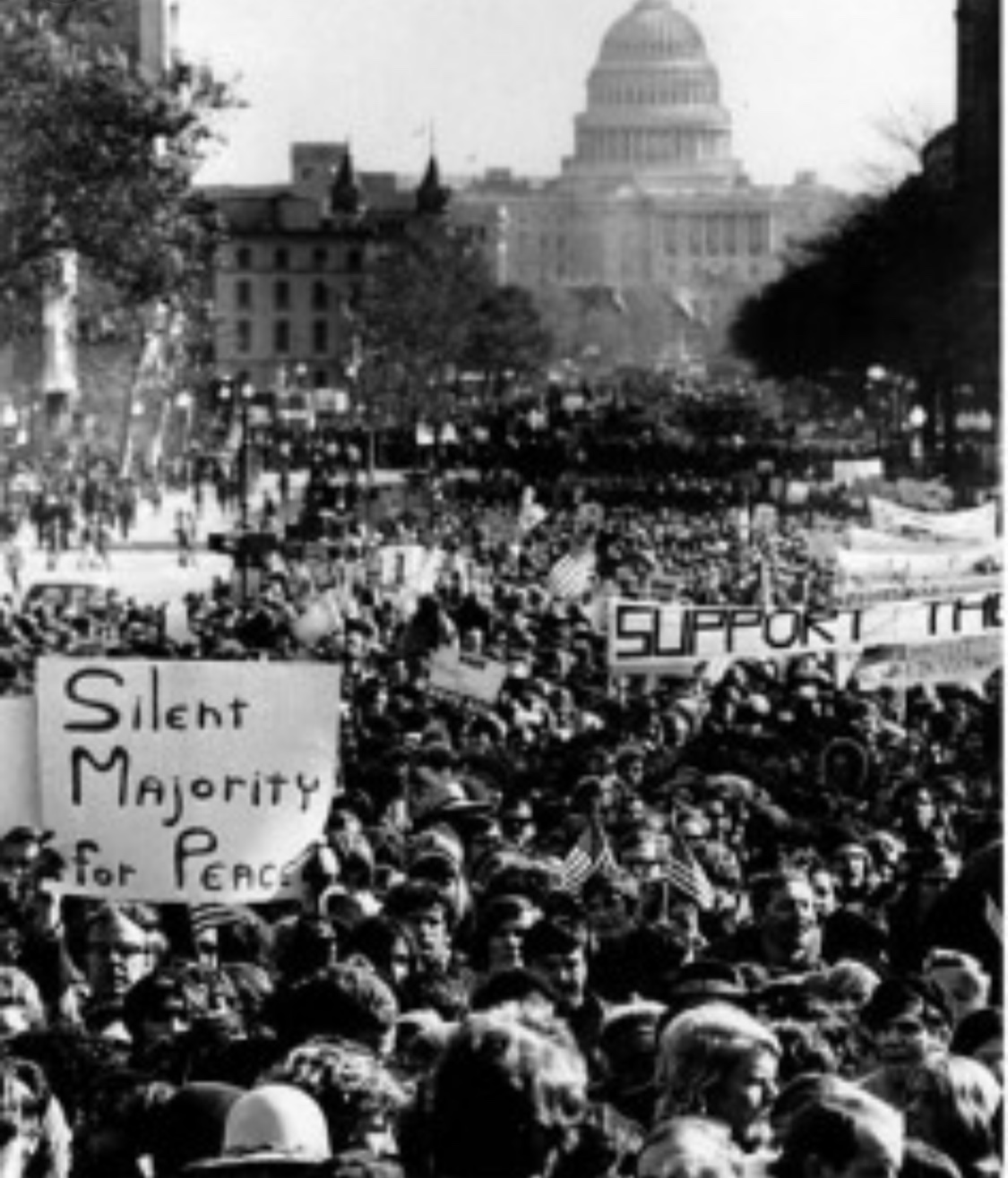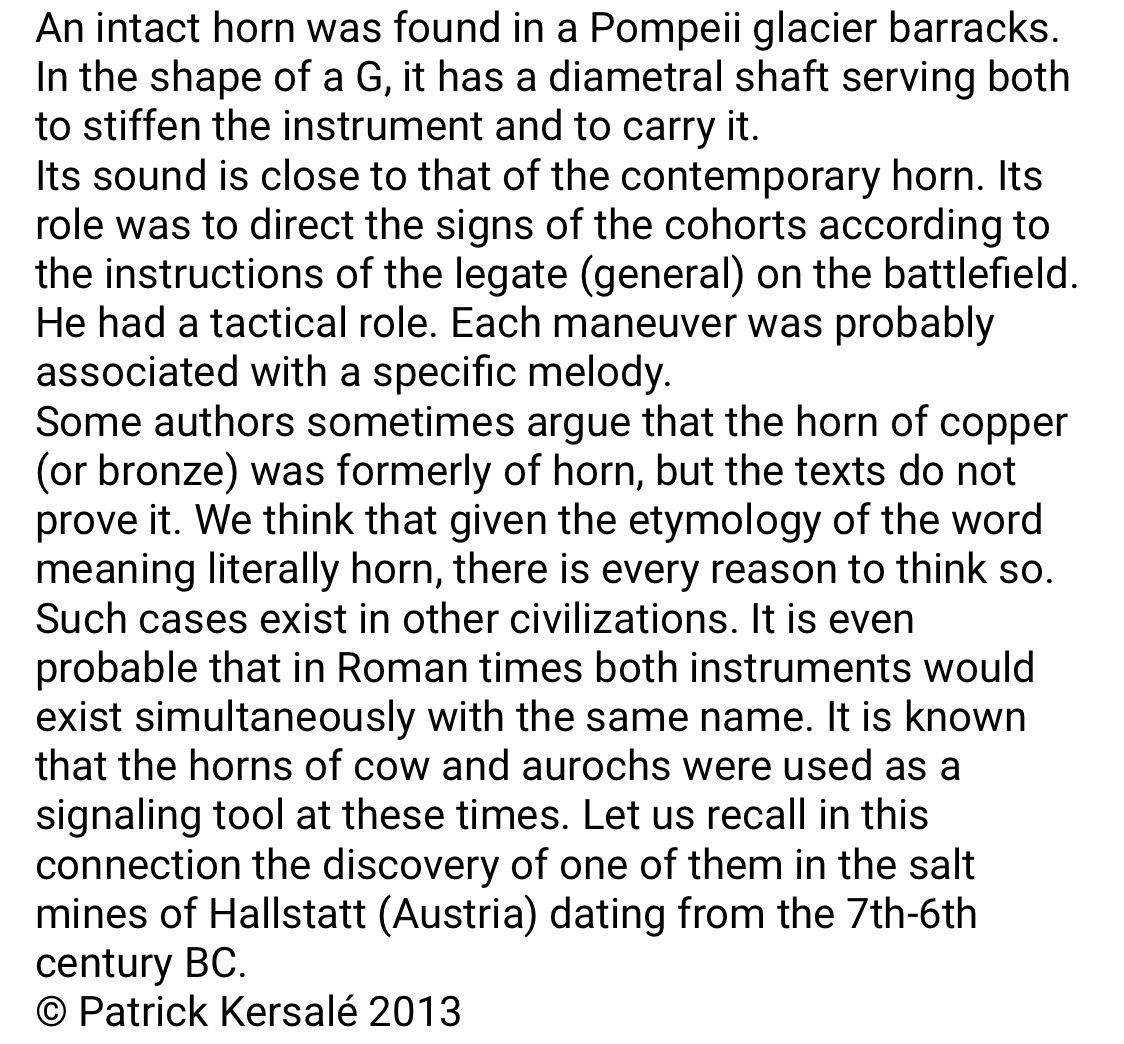The United States Naval Band from home:
Best posts made by SSmith1226
-
RE: A little humourposted in Lounge
The owner of a drug store walked into his store one day, only to notice a man leaning heavily against a wall.
The owner went over to his staff member behind the counter and asked them, “What’s wrong with that guy over there by the wall?”
The staff member replied, “Oh him – he came in here this morning to get something for his cough. I couldn’t find any cough syrup, so I gave him an entire bottle of laxative instead.”
The owner shouted, “You fool! What were you thinking? You can’t treat a cough with laxatives!”
The staff member said, “Of course I can. Look at him, he’s not coughed once since I gave it to him – he’s too scared!”
-
John Blankeposted in Classical / Orchestral
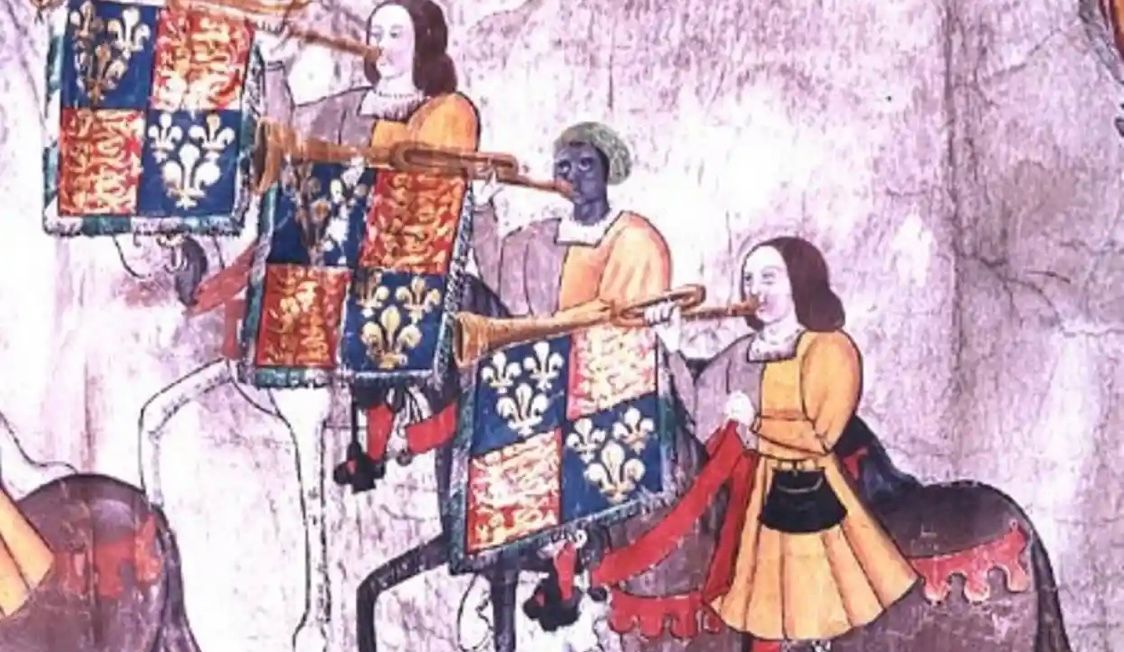
For those interested in Trumpet History, the following is the story of John Blanke, one of the more famous trumpeters of the Court of Henry VIII. -
Tine Thing Helsethposted in Classical / Orchestral
Trumpeter Tine Thing Helseth describes herself as a "Trumpet soloist, travelling musician, happy knitter, Lego enthusiast and coffee snob."
ABC (Australia Broadcast Company-Radio) did a one hour piece on her in their “Legends” series. You can listen to it at the below link. Included in it are many of her outstanding performances and interesting biographical background.https://www.abc.net.au/listen/programs/legends/legends-tine-thing-helseth/103766482
-
RE: A little humourposted in Lounge
I just stumbled across the following advice. It looked so wise, yet so simple, that I felt the need to share it. It is titled, “Five Ways For A Man To Be Completely Happy”. By reversing the sexes I’m sure that this applies equally as well to the female members of this forum.
Five Ways For A Man To Be Completely Happy
- Be with a woman who who makes you laugh.
- Be with a woman who gives you her time.
- Be with a Woman who takes care of you.
- Be with a woman who really loves you.
- Finally, make sure that these four woman don’t know each other.
-
RE: Christmas stand-in...posted in Classical / Orchestral
@barliman2001 said in Christmas stand-in...:
Just got a call from a choir conductor... he needs me as second trumpet in Mozart's Piccolomini Mass on Christmas Day...
modern, well-heated church, playing in the organ loft (civvies permitted)... so all the plans of spending Christmas Day with my mother-in-law went overboard - no turkey for me!Tough choice!
Mother-in-lawvs Gig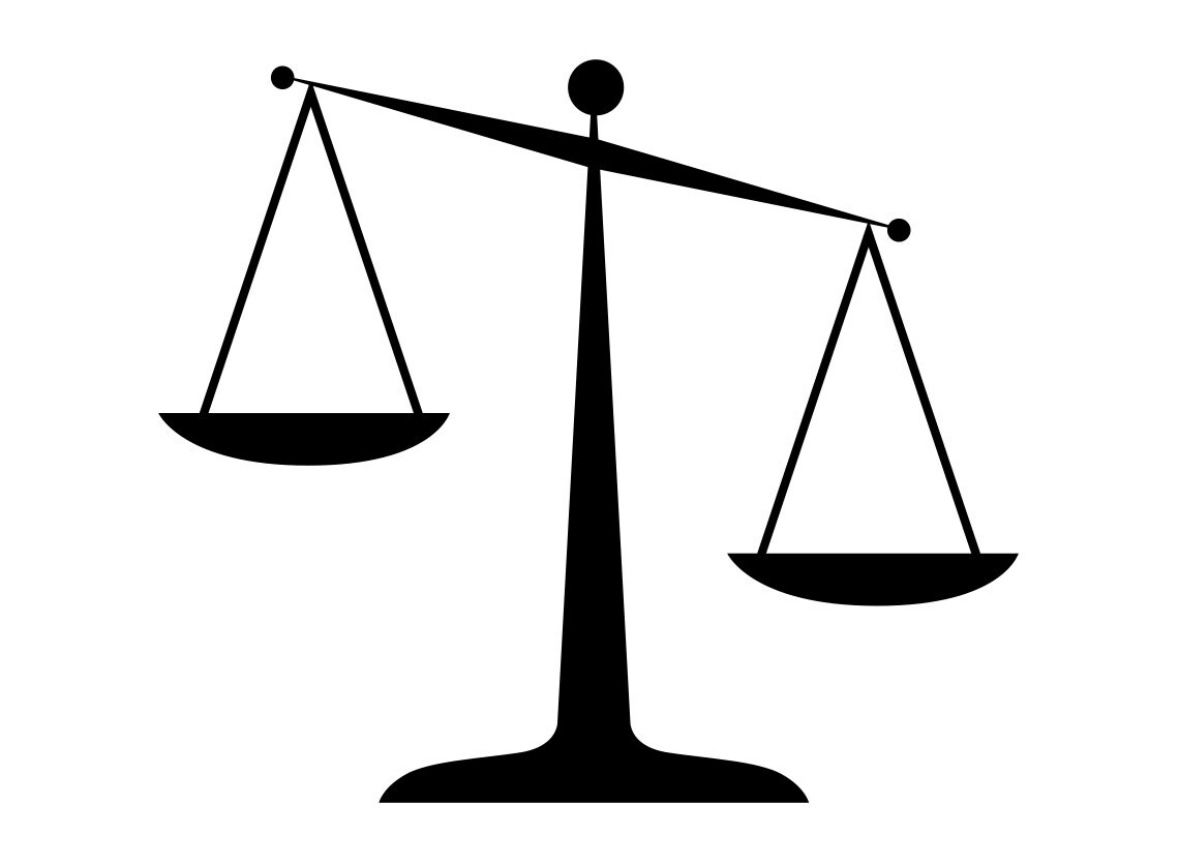
-
RE: A little humourposted in Lounge
@Niner said in A little humour:
This joke stream...and judging by what happened at the old lamented site......will become probably the most posted string on this new board. And like the old site, a lot of guys make up jokes rather than steal them from someplace else. Some...without my pointing them out.... are really awful. This cries out for an adjustment to the "reputation" arrow that always points up. Really bad jokes should run the risk of getting a reputation vote that goes down.
The problem with critiquing humor is that we all have different interpretations of what examples and styles of humor are funny and what styles and content aren't. What is funny to me may very well not be funny to you and vice versa. I think that a good example of this is that the same core group of names will upvote my posts when they consider them worthy ( makes them laugh) but certainly not all my humorous posts are upvoted, indicating, at least to me, that the joke bombed. Fortunately I don’t make my living as a comedian.
To carry this a step further, some of the most successful marriages are between partners who have similar sense of humors and some of the least successful marriages are involving partners with sense of humors not similar.
To complicate this further, there are numerous categories one can classify jokes in. The following article lists 20 of these categories:
https://www.dailywritingtips.com/20-types-and-forms-of-humor/
I don’t think that any one who posts humor, whether a repeat of an old joke, an original joke, a cartoon etc. is trying to post what they consider a bad or purposely offensive joke. If you don’t like it, simply don’t vote for it. If it is offensive, either post a comment in response, or pm the original poster to let them know why it bothered you. For example, if I posted a joke that I thought was acceptable and received pm’s informing me otherwise, it would likely modify what I post, or not post, in the future. This would be far more effective than downvoting. If there is a joke posted that that doesn’t mesh with the way I am wired to consider to consider it funny, I won’t upvote it, but often other people will find it very humorous and will upvote it.
The bottom line is that you can’t make all the people happy all the time. -
Esteban Batallánposted in Classical / Orchestral
For those that have an interest in the “Great Orchestras” I came across an interesting story. Many of you are aware that Esteban Batallán who had been the Principal Trumpet of the CSO since 2019, in September, 2024, shockingly left this position, that he strived for his entire Trumpet playing career, and assumed the Principal Chair at the Philadelphia Orchestra. He has now returned to the CSO.
The details of this story can be found in the link below. I also have included a link of CSO Principal Trumpet Esteban Batallán performing an excerpt from Michael Haydn's Trumpet Concerto in D Major — one of two concertos he will play in his highly-anticipated solo debut with the Orchestra led by Riccardo Muti June 12-14. Along with the M. Haydn, Batallán will present Telemann's brilliant Trumpet Concerto in D Major. -
RE: Jazz is still alive in New Orleans for the passing crowdposted in Lounge
@Kehaulani said in Jazz is still alive in New Orleans for the passing crowd:
You never know what you'll get in N.O. Once, I was at the Jazz Fair going between two venues and there were scattered "second choice" bands on just cheap platforms or kiosks between the major acts.
As we approached one such band - they were playing a burning version of the Flintstones theme - I told the girl who was with me, "Hear these guys? I've got no idea who they are, but they're absolutely world class. The music world is so unpredictable you may never hear from them . . . but world class."
After they were finished, we were talking to them and they invited us to a 02:00 jam session. They were Branford and Wynton Marsalis.

I lived in New Orleans from 1974 - 1979. In around 1976 I went to an old bar/restaurant, located near Burgundy and Esplanade, where there were a band entertaining made up of young teenagers who were playing well beyond their years (as well as mine). This included a great young trumpet and sax player.
The performance was very memorable to me. I remember that some of the band were brothers. My suspicion was, once the Marsalis family became known, that this is who we saw.
Also in New Orleans at that time was Dr. Frank Minyard, the trumpet playing Ob/Gyn turned Coroner who would play in funeral processions, Mardi Gras Parades, etc. I was going through my medical training at that time so I always looked up to him. -
RE: Attracting members who are interested in things musical/trumpetposted in Suggestion Box
@Kehaulani
It’s interesting that you bring this up. The 800 pound gorilla is now in the room. Trumpet Board started in response to the untimely death of Trumpet Master. Trumpet Master, like Trumpet Herald, had many members who were consummate professionals or semiprofessionals. It also had many members like myself who are comeback players and hobbyists that enjoy playing but never will play at a professional level, but enjoyed the camaraderie that Trumpet Master offered. Trumpet Master was a much friendlier atmosphere then Trumpet Herald and much less contentious. Trumpet Master had a lounge section where less serious issues and non-trumpet issues could be discussed among people who had similar interests. This included humor and many other subjects. This was not available on trumpet Herald.
I think with the collapse of Trumpet Master those of us that felt too intimidated to post on Trumpet Herald migrated to Trumpet Boards for participation when the opportunity arose. If the opportunity didn’t arise many of us would still be on Trumpet Herald, as I am now, but would primarily be lurking and not participating in the discussions. Frankly, there is little that I as a three and three-quarter year come back player could add to any discussion on the serious nature about trumpet playing. I think that they were many other people like myself that also lurk on Trumpet Herald. So the question is why is there so much more discussion on Trumpet Herald about serious trumpet matters then there is on Trumpet Boards? The answer I think is based on the numbers of registrants and participants. To my understanding, Trumpet Herald has literally tens of thousands of registrants. It is common to see the same names over and over participating in the discussions. If only 1% of every 20,000 registrants regularly participated in the serious discussions there would be 200 names you would see on a regular basis and a few other rare participants scattered in with them. I would contend that this is what you see, the same core group of discussants over snd over again.
Consider that Trumpet Boards is only six months old, not decades old. We have 208 members. Of those 208, 88 (42.3%) have never posted. Another 53 (27%) have posted 1-10 times, 28 (13%) posted 11-20 times, 5 (2.4%) posted 31-40 times, snd 9 (4.3%) posted 41-50times. 26 (12.5%) of us have posted 51-575 times If you look at these figures, including the 88 members who haven't posted, 182 (86.5%)of the 208 members have been inactive or minimally active. That means that for the most part 26 of us, most of whom are hobbyists with similar interests have been having nice relatively non contentious conversations in the lounge. There are a few professional players and technicians among the group and they have been very generous with their time and knowledge. The majority of the time they agree, thus limiting discussion and debate. However, until our young group grows, which it will eventually will, the posts will be dominated by the vast majority of us who like to hang out with people of similar interests, but are not knowledgeable enough to discuss the technicalities of trumpet playing at a high level. Growth will come with time and the distribution of discussion topics will change, but it will probably take a few years to do so. Can we effectively speed this process up? I don’t think so. What could we do to possibly speed this up? We could send invitations to respected teachers at the University level, their students, well respected professionals and private teachers to join, but I doubt that many will have the time or desire to participate. Perhaps however, it would be worth a try.
For what it is worth, that is my two cents. -
RE: A little humourposted in Lounge
@tjcombo said in A little humour:
@stumac said in A little humour:
It is a little early for them down here yet.
Regards, Stuart.
 well, with climate change Stuart you can never be too careful.
well, with climate change Stuart you can never be too careful.I know about the extreme danger of the deadly Australian Salt Water Crocodiles, Jelly Fish, Sharks, Stone Fish, Cone Snails, Snakes, Spiders, Centipedes, Kangaroos, Cassowaries, and Australian heat, but what I am not clear on is, among the Carnivorous, Flesh Eating Drop Bears, Rugby Players, Russel Crowe, and Nicole Kidman, which is the most dangerous and deadly?
On the other hand, if I had to choose my means of exit from the above list, Nicole Kidman would be my choice. -
RE: Help me identify this Trumpet: Ciicel Consulposted in Vintage Items
The logo “Circe” on the trumpet in question is very appropriate! Circe, in Greek Mythology was a goddess. Odysseus visits her island of Aeaea on the way back from the Trojan War. Circe changes most of his crew into swine. That has happened many times to me, even when I primarily play my Bach.
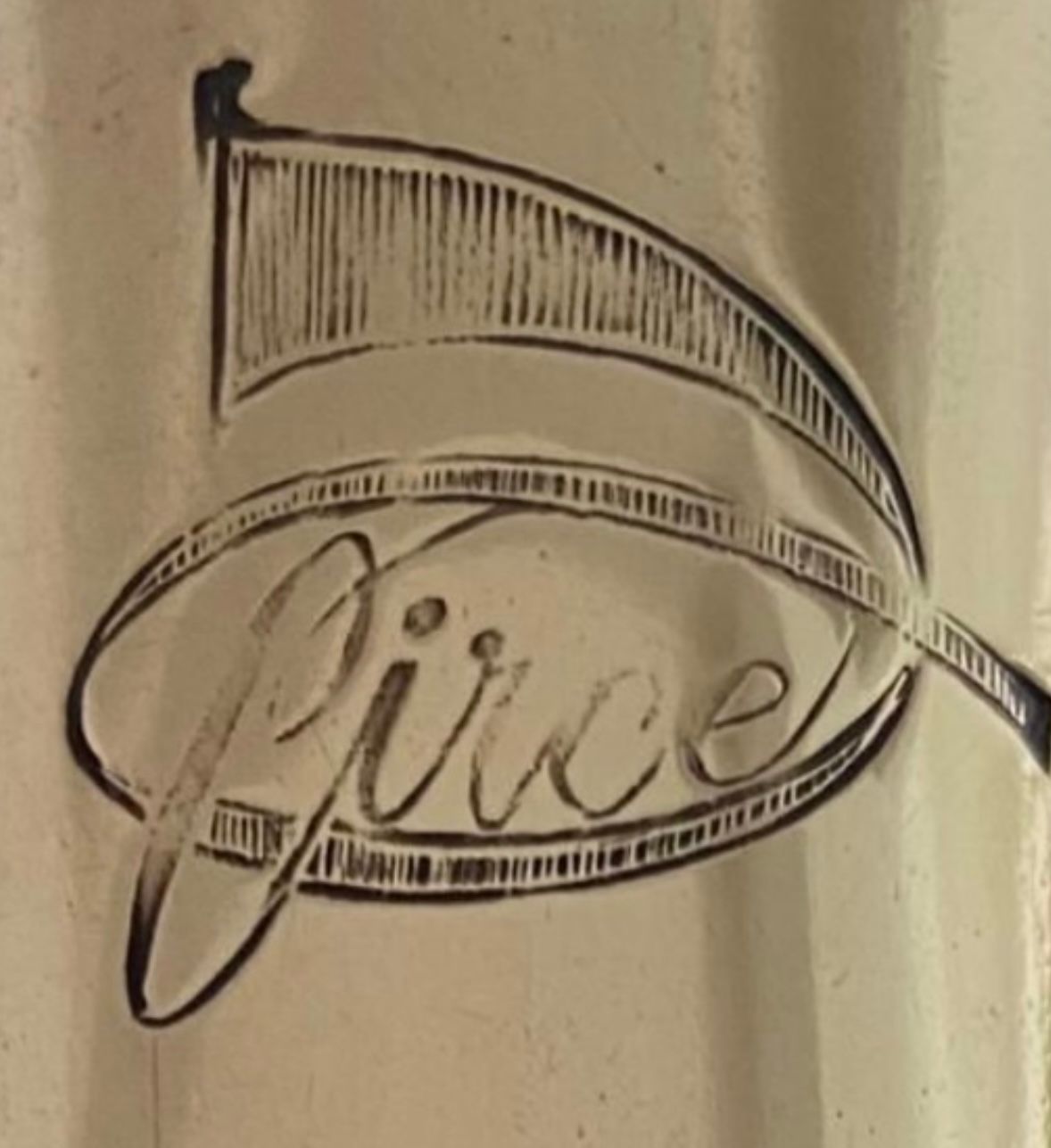
-
Stevie Wonder’s version of Spainposted in Jazz / Commercial
I’m not sure where to put this, but it started my day out good after someone sent it to me, so i thought i would pay it forward. Dwight Adams is playing trumpet.
-
RE: Louis Armstrong Home and Archive-Fascinatingposted in Jazz / Commercial
@Kehaulani
The video you posted was very informative, well done, and well worth the nearly one hour invested in watching it.
There is a back story to Louis Armstrong’s life as well. I grew up in Mt. Vernon, N.Y. as did a woman who claimed to be Louis Armstrong’s daughter. She was born in Harlem, the daughter of a dancer that was part of Louis Armstrongs touring show. When the girl was seven, the year that I was in 9 th grade, Louis Armstrong purchased a house for the mother and daughter in Mt. Vernon. According to her, he continued to support them even a few years past his death in 1971. I only was aware of this possibility around 2012 when this story broke.
The following is one of many references to this story:https://www.nola.com/entertainment_life/music/article_3cdd28a9-b5b5-5318-8383-ab65fe0c2c6d.html
-
RE: A little humourposted in Lounge
Here is a musical joke, sort of-
The Organist
A small church had a very attractive big-busted organist named Susan, and her breasts were so large that they bounced and jiggled while she played the organ.
Unfortunately, she distracted the male part of the congregation considerably. The very proper church ladies were appalled.They said something had to be done about this or they would have to get another organist.
So one of the ladies approached Susan very discreetly about the problem, & told her to mash up some green persimmons & rub them on her nipples and all over her breasts, which should cause them to shrink in size, but warned her not to taste any of the green persimmons, because they are so sour they will make your mouth pucker up & you won't be able to talk properly for a while.
The voluptuous organist reluctantly agreed to try it.
The following Sunday morning the minister walked up to the pulpit and said,
“Dew to thircumsthanthis bewond my contwol, we will not hab a thermon tewday.
